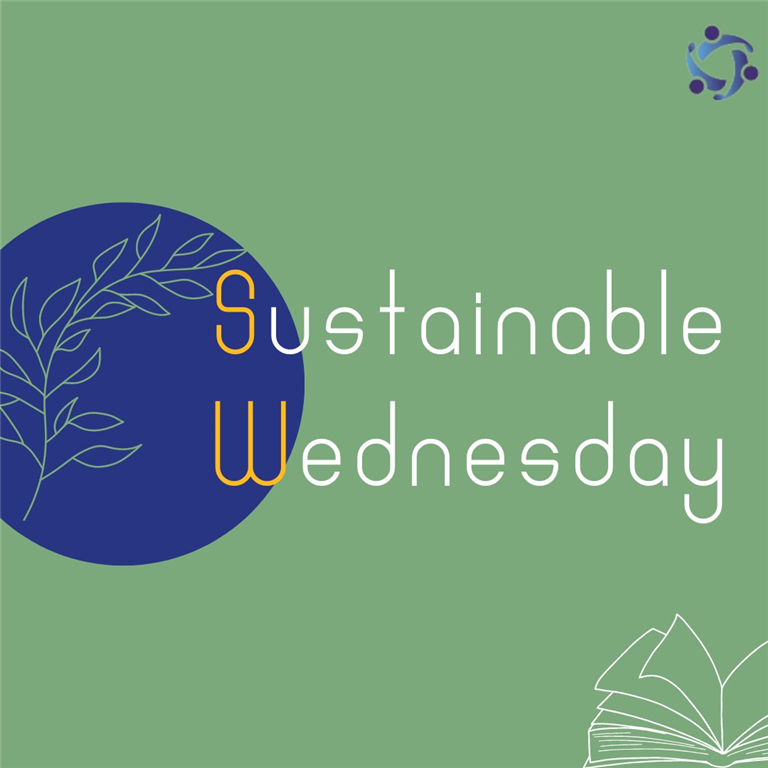Sustainable Wednesday: Strategies for Recycling and Waste Reduction in Educational Institutions
Published Stephanie Clark on Wednesday, February 14, 2024 9:00 AM

Schools and universities produce a significant amount of waste through daily operations and student activities, resulting in serious environmental impact. However, by implementing recycling and waste management strategies, educational establishments can not only decrease their carbon footprint, but provide learning opportunities for students. Let’s take a look at some key approaches.
Set up recycling stations
Installing clearly labelled recycling bins throughout campuses and school corridors makes it easy for students and staff to get involved in your sustainability efforts. Bins should be placed in classrooms, dormitories, cafeterias, administrative buildings, and high-traffic outdoor areas. Separate waste into paper, plastics, metals and compostables and be sure to provide education on what can and cannot be recycled to minimise contamination. Don’t assume everyone knows which items go where – why not appoint student recycling ambassadors to answer questions and promote proper usage?
Reduce single-use plastics
School cafeterias and vending machines produce mountains of throwaway containers, straws, bags and utensils. Phasing out single-use items in dining halls and replacing them with reusable alternatives significantly cuts plastic waste. Always make sure that proper signage is used to educate students and staff on the environmental impact of single-use plastics and nudge them into cooperating. You might also consider offering small financial incentives to help with the transition from disposable to reusable items.
Establish composting initiatives
Composting food scraps and garden waste means this material gets turned into a valuable soil additive, rather than occupying landfill space. Schools can set up compost bins to manage cafeteria food waste onsite or establish relationships with nearby commercial composting facilities to handle large volumes offsite. The finished compost can then be used to nourish gardens or landscaping on school grounds.
Applying even a few of these zero-waste strategies diminishes the environmental footprint of educational institutions, while empowering students to take sustainability efforts back to their communities. With a little upfront investment and policy changes, your school or university could become a model of sustainability in the international education industry.
Written by Stephanie Clark
Previous Article Promote Your School Next Article



